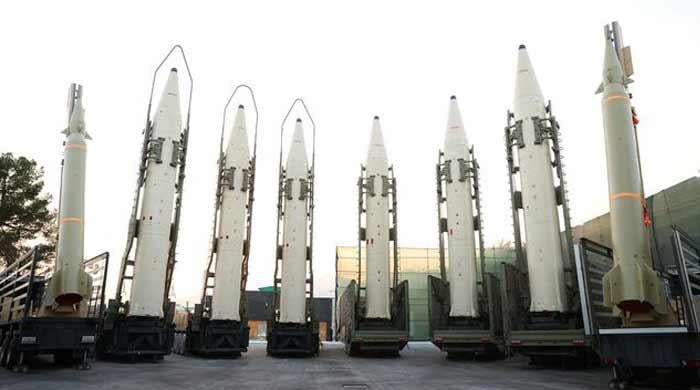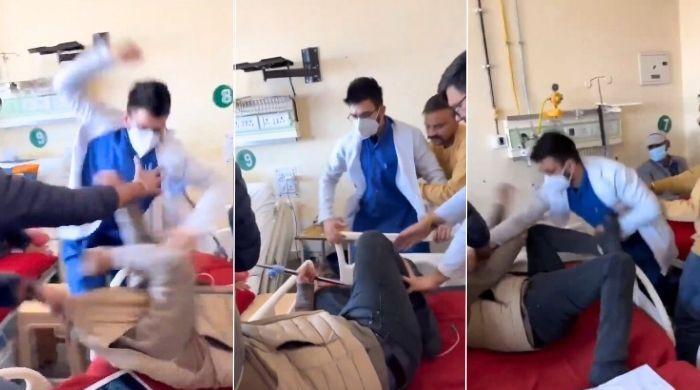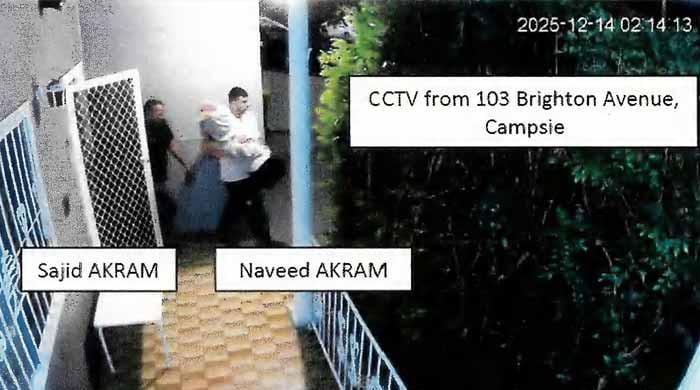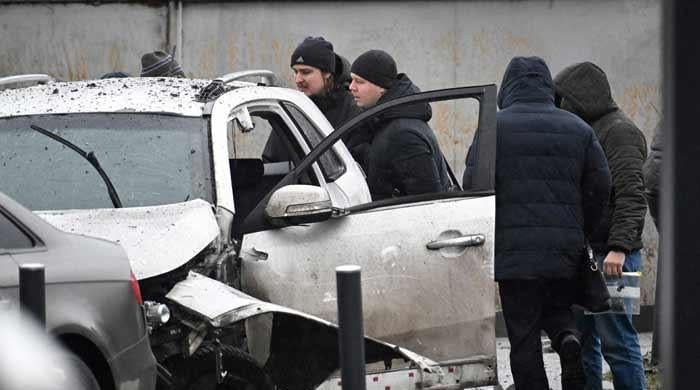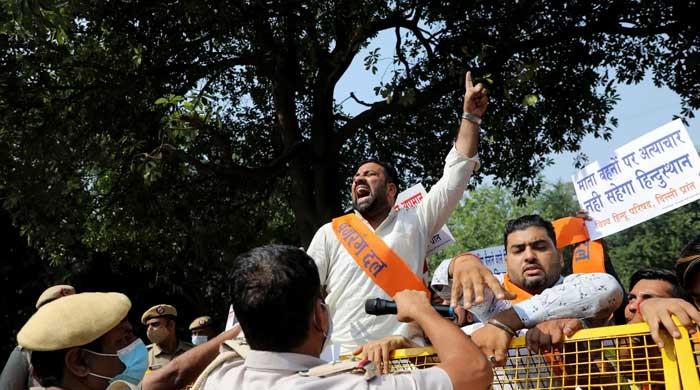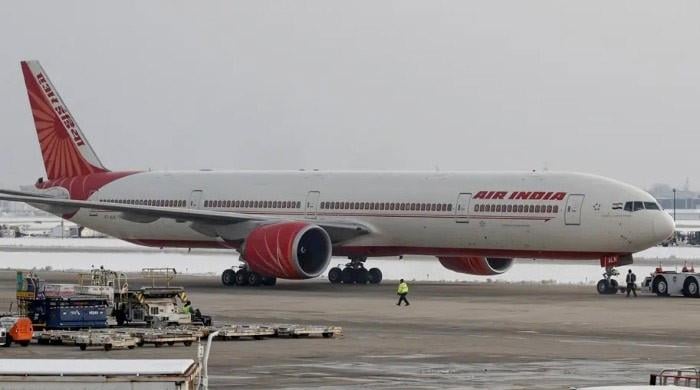Former Modi party leader cleared of involvement in savage riots in India's Gujarat
Up to 2,500 people, most of them Muslims, were hunted down and hacked, beaten or burnt to death during the riots in 2002, activists say
April 20, 2018
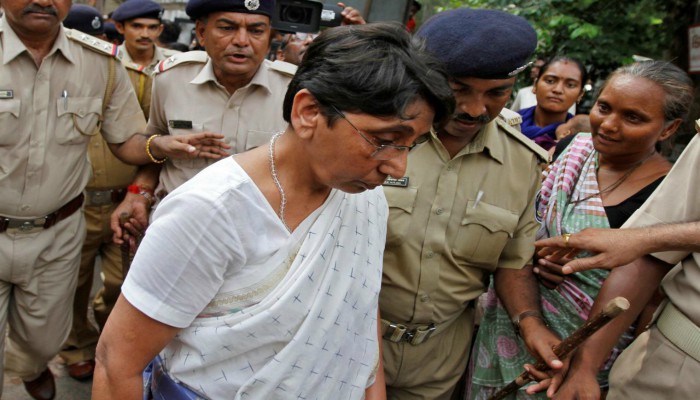
NEW DELHI: A court overturned the conviction of a former Indian state minister from Prime Minister Narendra Modi’s party on Friday for involvement in riots in Gujarat state 16 years ago, citing lack of consistency in witness testimonies, a prosecutor said.
Up to 2,500 people, most of them Muslims, were hunted down and hacked, beaten or burnt to death during the riots in 2002, activists say.
Modi was the chief minister at the time, but a special investigation absolved him of any wrongdoing in the worst riots in independent India’s history.
A trial court, however, held 32 people guilty of murder in 2012 and sentenced them to 28 years in prison, with the state minister Maya Kodnani being the highest-profile figure to be convicted.
But on Friday, the Gujarat High Court ruled that it wasn’t entirely established that Kodnani was at Naroda Patiya, the site of one of the worst massacres in the three days of violence, prosecutor R.C. Kodekar said.
“There were contradictions in the statements issued by the 11 witnesses on Maya Kodnani’s presence at the place where the riots happened, and this was one of the main reasons cited by the judge for the acquittal,” he told Reuters on telephone from Gujarat’s main city of Ahmedabad.
Kodnani, a qualified gynaecologist, had been out on bail since 2014 on health grounds.
The savagery of the killings still haunts a country that has witnessed many bouts of religious and ethnic violence since independence from Britain in 1947.
The Gujarat court cleared 16 other people of involvement in the riots along with Kodnani while 12 were awarded 21 years of imprisonment. It was due to pronounce a verdict on two others while a third was dead.
Modi went on to win national elections in 2014 and become prime minister, but his party still faces criticism from the opposition parties and rights activists for not being proactive in addressing issues concerning the country’s religious minorities.




